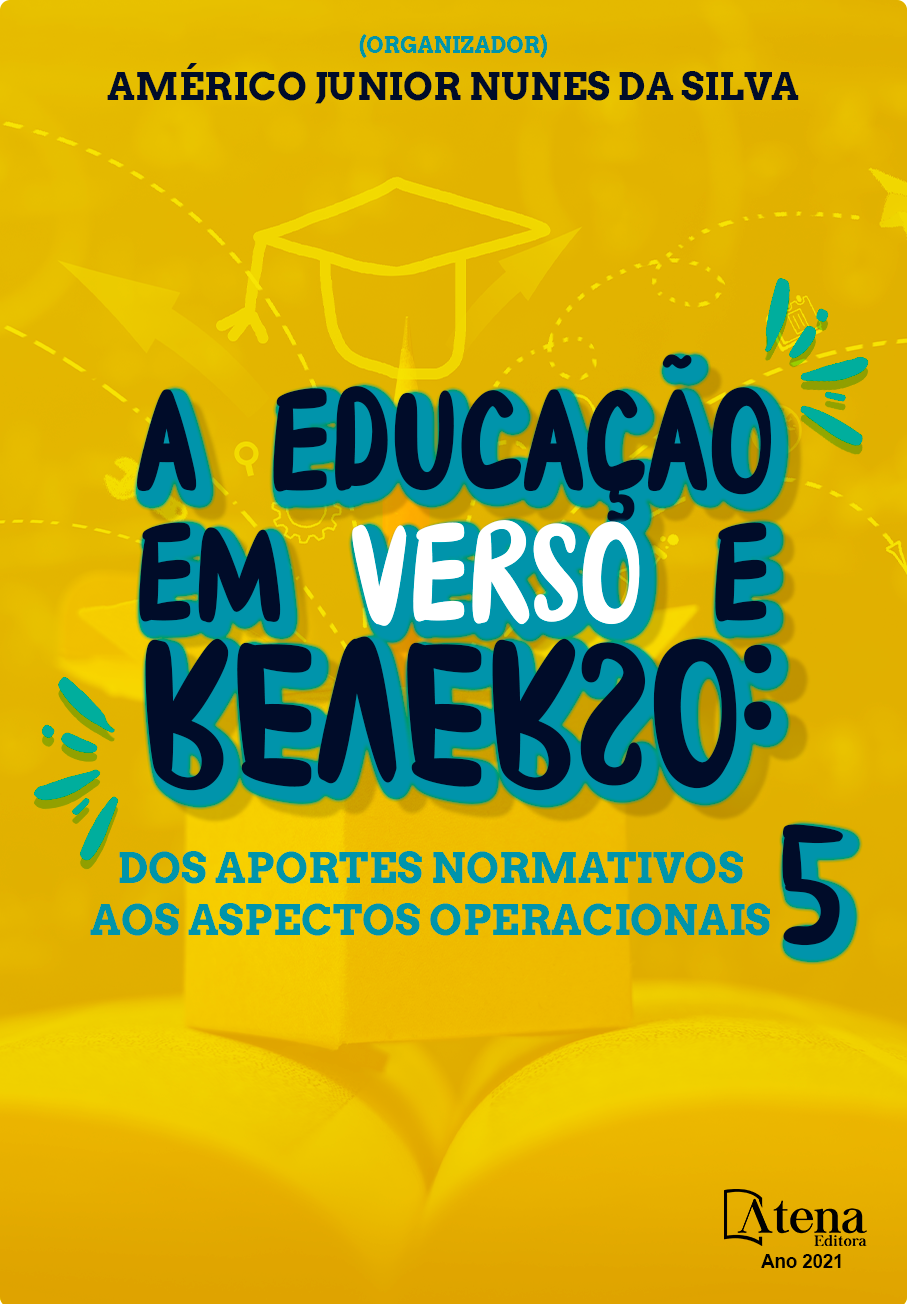
DESAFIOS DO ENSINO SUPERIOR EM PLENA PANDEMIA: CONCILIAÇÃO É UMA POSSÍVEL SAÍDA
Desde o seu surgimento até se tornar uma epidemia de nível global, a Covid-19 obrigou o sistema educacional brasileiro a se adaptar e migrar rapidamente ao método de ensino à distância (EAD), justificando o presente trabalho apresentado. A portaria de nº 544 disponibilizada pelo Ministério da Educação ofertou duas possibilidades ao ensino superior brasileiro: suspensão do ensino/aprendizagem durante o período da Pandemia que deverão ser integralmente repostas no futuro ou a substituição das aulas presenciais por aulas remotas, mantidos os calendários e horários regulares dos cursos. Contudo, não foi levado em consideração o exacerbado desiquilíbrio social enfrentado atualmente no Brasil, tão pouco a dificuldade territorial de acesso à internet. Mesmo diante de tais fatos, o MEC, até o presente momento, não apresentou uma solução viável para esse tipo de problema. O que na prática, está ocasionando uma desistência de alunos em massa das instituições de ensino superior. Uma solução, buscada por muitos alunos, para resolver esse problema é tentar procurar no judiciário um alento para diminuir as dificuldades econômicas também causadas pela pandemia. Assim, juízes estão concedendo –baseados no art. 317 do Código Civil - desconto entre 30 a 50 por cento da mensalidade em cursos que foram forçados a migrar para o ensino à distância durante essa crise. Esse presente resumo objetiva, para tentar frear esse tipo de problema, indicar que medidas conciliadoras sejam estimuladas para que seja possível chegar a um acordo benéfico para ambos os lados. O método utilizado é o dedutivo e a pesquisa é bibliográfica.
DESAFIOS DO ENSINO SUPERIOR EM PLENA PANDEMIA: CONCILIAÇÃO É UMA POSSÍVEL SAÍDA
-
DOI: https://doi.org/10.22533/at.ed.33021090714
-
Palavras-chave: educação, Covid-19, ensino superior, conciliação
-
Keywords: education, Covid-19, university education, conciliation.
-
Abstract:
Since its emergence until it became a global epidemic, Covid-19 forced the Brazilian educational system to adapt and quickly migrate to the distance learning method (EAD), justifying the present work. Ordinance No. 544 made available by the Ministry of Education offered two possibilities for Brazilian higher education: suspension of teaching / learning during the Pandemic period, which should be fully restored in the future, or the replacement of face-to-face classes with remote classes, keeping calendars and schedules regular courses. However, the exacerbated social imbalance currently faced in Brazil was not taken into account, nor was the territorial difficulty of accessing the internet. Even in the face of such facts, the MEC, to date, has not presented a viable solution to this type of problem. What in practice, is causing a massive dropout of students from higher education institutions. One solution, sought by many students, to solve this problem is to try to look to the judiciary for encouragement to reduce the economic difficulties also caused by the pandemic. Thus, judges are "granting" - based on art. 317 of the Civil Code - a discount of between 30 and 50 percent of tuition in courses that were forced to migrate to distance learning during this crisis. This summary is intended, in an attempt to curb this type of problem, to indicate that conciliatory measures are encouraged so that it is possible to reach a beneficial agreement for both sides. The method used is the deductive and the research is bibliographic.
-
Número de páginas: 15
- Matheus Cres Fernandes
- Gualter Cres Fernandes


